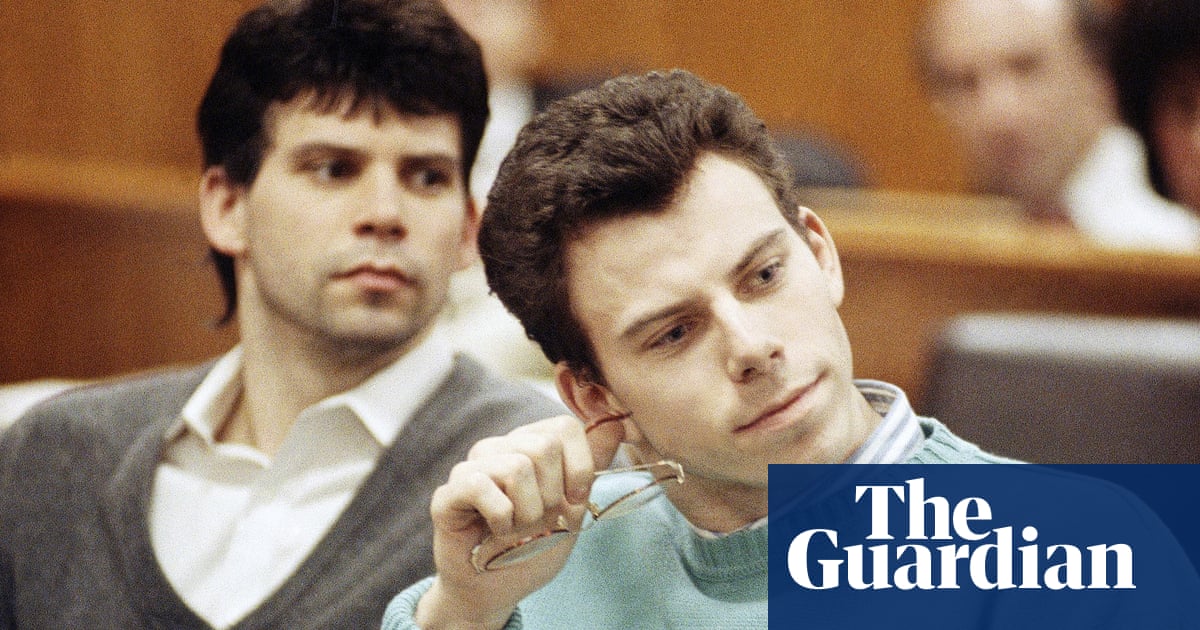Lyle Menendez was denied parole for his role in the 1989 killings of his parents on Friday, just a day after the California parole board denied the release of his brother Erik.
California governor Gavin Newsom will have the final say in whether or not the 57-year-old will be released.
Lyle and Erik Menendez have spent nearly 30 years behind bars for the murders of their parents. The brothers, who were 18 and 21 at the time of the killings, have said they fatally shot José and Kitty Menendez after years of molestation by their father. They were sentenced to life in prison in 1996, after prosecutors argued they committed the violence in order to receive a multimillion-dollar inheritance.
The case has long fascinated the public and drawn international attention. Their first trial was televised by Court TV.
But their story reached a new generation thanks to social media and numerous TV dramas and documentaries that focused on the abuse the brothers say they faced and criticism that they were treated unfairly by prosecutors and the media. Their family members publicly supported them and backed their allegations of abuse for years.
Lyle Menendez attends his parole board hearing online on Friday. Photograph: CDCR/Reuters
Last year the Menendez brothers had hope for the possibility of release for the first time in years, when the then Los Angeles district attorney announced he would recommend they be resentenced.
“They have been in prison for nearly 35 years. I believe that they have paid their debt to society,” George Gascón said, stating he believed they were subjected to “a tremendous amount of dysfunction in the home, and molestation”.
In their years behind bars, the brothers have earned college degrees and served as mentors and caregivers.
The brothers were resentenced by California judge in May, reducing their original full-life punishment to one of 50 years with the possibility of release.
But the new district attorney, Nathan Hochman, opposed their release, arguing they never fully accepted responsibility for the crimes.
On Thursday the parole board denied Erik’s bid for freedom, arguing his misbehavior while in prison, such as using a cellphone, demonstrated he still poses a risk to public safety. They denied him parole despite strong support from family members for his release.
“Two things can be true. They can love and forgive you, and you can still be found unsuitable for parole,” commissioner Robert Barton said.
Hochman praised the board’s “careful, evidence-based” assessment.
“The board correctly determined that Erik Menendez’s actions speak louder than words, and that his conduct in prison and current mentality demonstrates that he still poses an unreasonable risk of danger to the community,” he said in a statement.
Erik will be eligible for parole again in three years.
Friday’s hearing, which was closed to the public, lasted 11 hours. It was held separately to Thursday’s hearing.
Both brothers appeared by video link from the San Diego prison where they are being held.
The panel members, whose identities was not released by the California Department of Corrections and Rehabilitation, quizzed the brothers on their behavior and attitude towards the murders.
